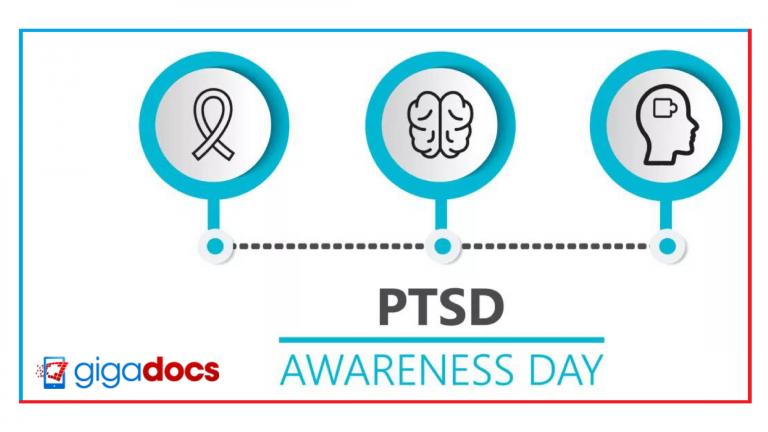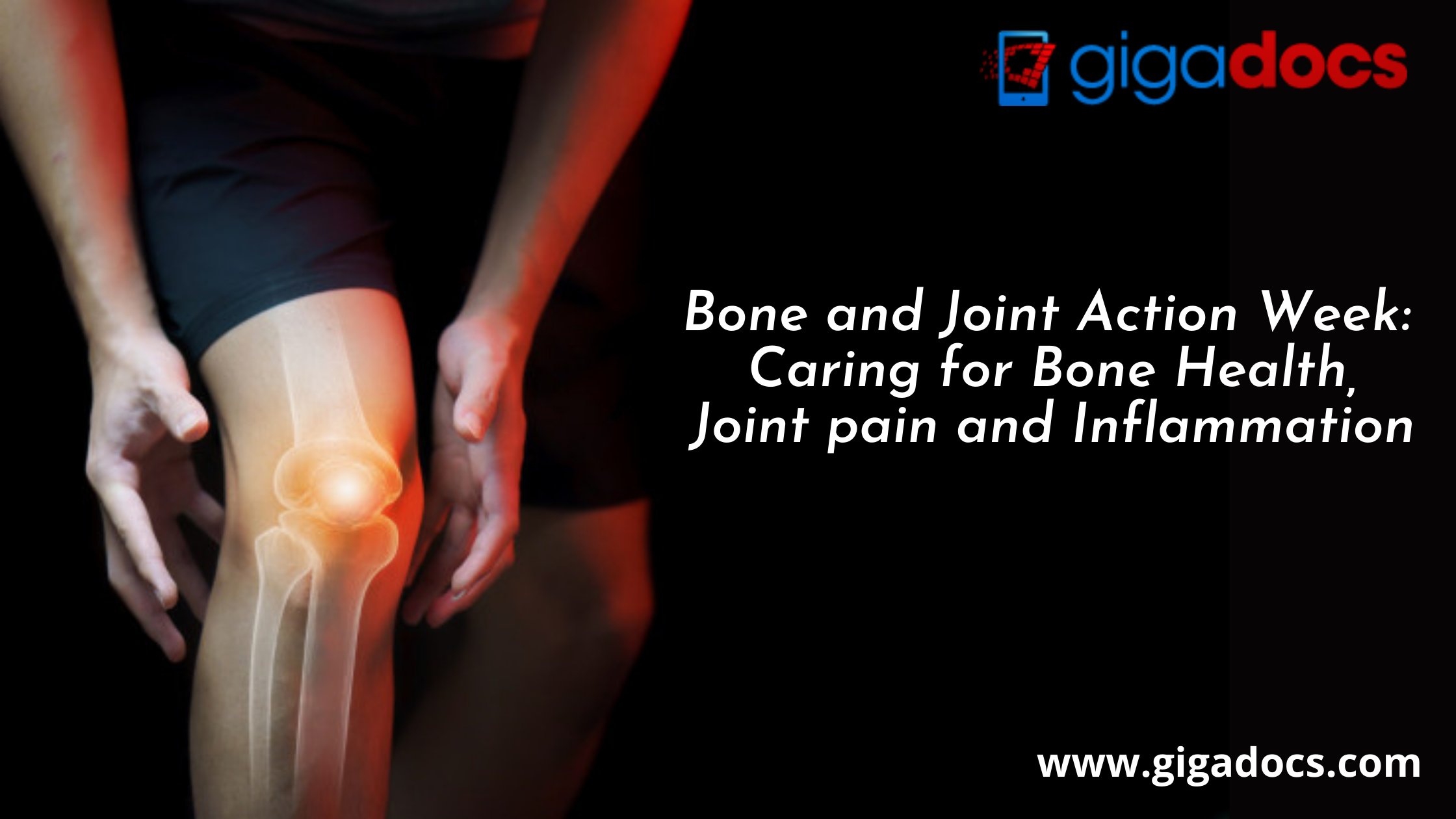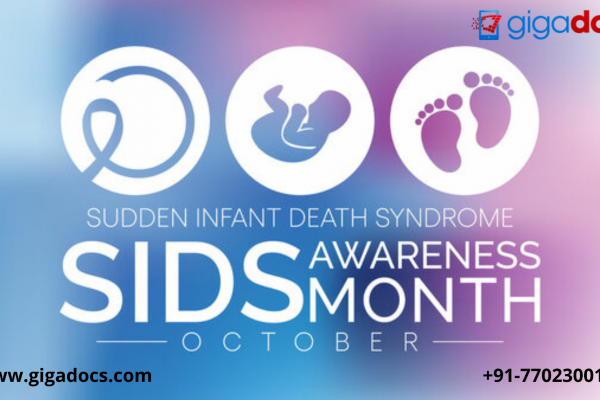PTSD (post-traumatic stress disorder) is an anxiety disorder that develops in some people after witnessing or experiencing an event that caused or threatened serious harm or death. Sleep problems, irritability, anger, recurrent dreams about the trauma, intense reactions to trauma reminders, relationship problems, and isolation are all symptoms of PTSD. Some people may recover in months, while others may take years.
Many people suffer in silence from PTSD worldwide. The 27th of June has been designated as PTSD Awareness Day to educate the public and assist those affected – which is an excellent opportunity to discuss the disorder with family and friends and learn more about how it affects those around us.
Post-traumatic stress disorder (PTSD) symptoms
Someone with PTSD may have nightmares and flashbacks about the traumatic event and feelings of isolation, irritability, and guilt. They may also have sleep issues, such as insomnia and trouble concentrating. Some of the other symptoms of PTSD include-
- Experiencing some of the events that occurred.
- Vivid flashbacks (feeling like the trauma is happening right now).
- Physical sensations such as pain, sweating, nausea, or trembling, intrusive thoughts or images, nightmares, intense distress at real or symbolic reminders of the trauma
- Irritability or aggressive behavior.
- Finding it difficult to concentrate on simple or everyday tasks, including panicking when reminded of the trauma.
- Being easily upset or angry, extreme alertness, also known as ‘hypervigilance.’
- Disturbed sleep or a lack of sleep, irritability, or aggressive behavior.
- Being jumpy or easily startled
- Feeling compelled to keep busy to avoid anything that reminds of the trauma
- Being emotionally numb or cut off from one’s feelings and being unable to recall details of what happened
- Feeling physically numb or disconnected, unable to express affection, and engaging in self-destructive or reckless behavior
While everyone deals with PTSD in their way, there are four main types of symptoms to look out for.
- When reminded of the traumatic event, one may have intrusive memories, flashbacks, nightmares, or intense mental or physical reactions.
- Avoidance and numbing, such as avoiding anything that reminds them of the traumatic event. Losing interest in activities and life in general, feeling emotionally numb and detached from others, and a sense of a limited future.
- Sleep disturbances, irritability, hypervigilance, jumpy or easily startled, angry outbursts, and aggressive, self-destructive, or reckless behavior are all hyperarousal symptoms.
- Feelings of alienation and isolation, difficulty concentrating or remembering, depression and hopelessness, mistrust and betrayal, guilt, shame, or self-blame are all negative thoughts and mood changes.
What is complex post-traumatic stress disorder (post-traumatic stress disorder)?
People exposed to traumatic situations regularly, such as severe neglect, abuse, or violence, can be diagnosed with complex PTSD. Symptoms of complex PTSD are similar to those of PTSD, but they appear years after the event. If the trauma occurs early in life, it is usually more severe, as it can have a negative impact on a child’s development.
Other mental health issues, such as PTSD
Anxiety disorders, dissociative disorders (depression), suicidal thoughts, and self-harm are common mental health issues in people with PTSD.
Flashbacks and PTSD
A flashback is a vivid experience in which you relive or feel like you are experiencing some aspects of a traumatic event. Flashbacks can feel like watching a video of what happened, but they don’t always involve seeing images or reliving events from beginning to end. You could have any of the following symptoms:
- Noticing sounds, smells, or tastes connected to the trauma.
- Feeling physical sensations, such as pain or pressure
- Experiencing emotions that you felt during the trauma seeing full or partial images of what happened
You may notice that certain places, people, or situations can cause you to have flashbacks, which could be because they remind you of the trauma in some way. You might also notice that flashbacks occur at random. Flashbacks can last a few seconds or as long as several hours or days.
How can Teleconsultation help with PTSD?
Tele-medicine makes mental health services more accessible as it helps patients avoid stigma and get treatment from the privacy of home. Digital healthcare app like Gigadocs address different mental health problems typically anxiety, depression with telemedicine efficiently and effectively.
Anxiety, phobia, depression, mass hysteria, paranoia, hoarding, posttraumatic stress disorder (PTSD), economic burden, and financial losses have all been linked to COVID-19. The pandemic has also made us lose someone very near and dear. If you or anyone you know are facing any PTSD symptoms, don’t hesitate to consult with the best healthcare practitioners from the comfort and the privacy of your home for PTSD symptoms.
To book a specialist, download the Gigadocs App from
- IOS App – apple.co/2W2iG4V
- Android App – bit.ly/33AQoRC



